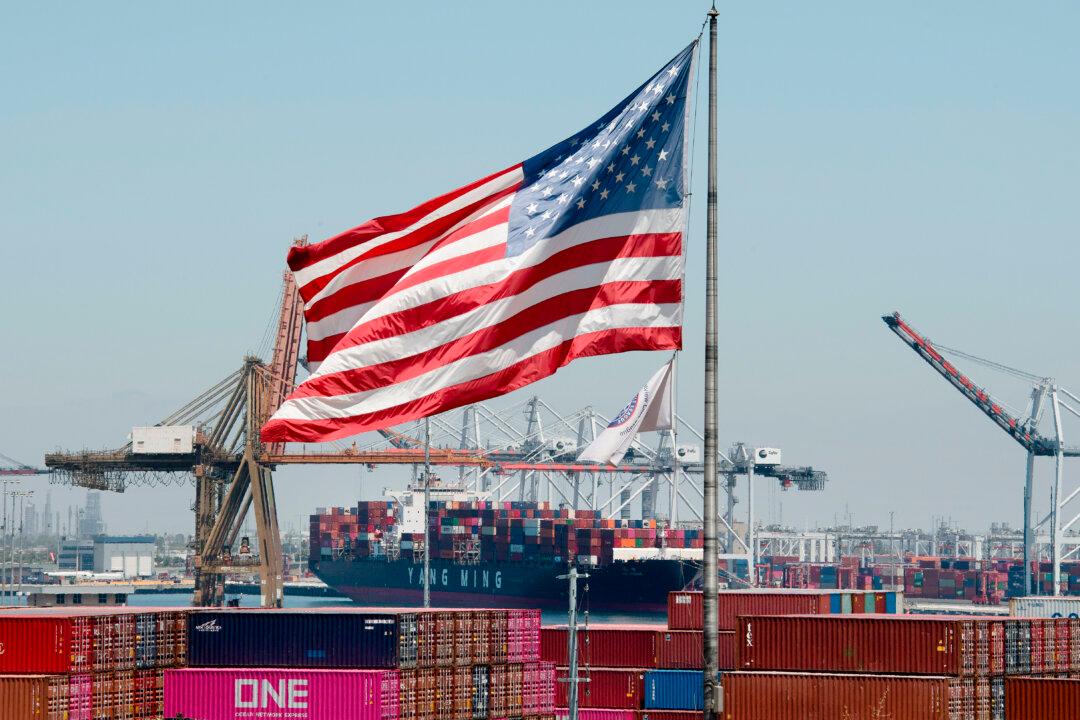Commentary
The great economist Michael Pettis at Tsinghua University has noted for years the importance for the Chinese economy to shift its growth dependency away from investment and toward greater consumption. As China faces its weakest sustained economic period in modern history, it bears worth asking, can China shift toward a more consumer-focused economy?





